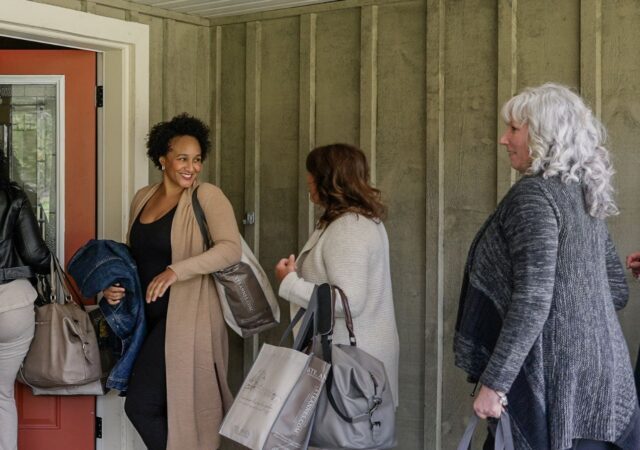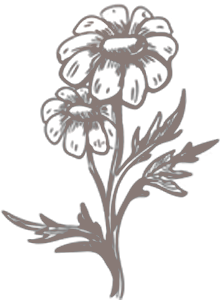Vacation To Reality

Who doesn’t love a vacation? Even a few days away can be so relaxing and rejuvenating, and the very best thing to look forward to.
It doesn’t have to be a grand adventure to positively impact our well-being. Simply a weekend away of restful uninterrupted time with family and friends and connecting with nature enhances our health and happiness, recharges our battery, and nourishes our mind, body and soul.
These are the times that we get to truly live our best lives and be our best selves. But while getting away is a joy, it’s the return to reality that can be a struggle and leave us feeling out of sorts. Many people experience a bit of post-travel blues. Exciting new sights, sounds, foods and even spa treatments are so much better than sitting behind a desk.
What’s important to know is that it’s natural to feel a little sad returning from vacation and it does not mean that you hate your life or job. There are ways to get better at vacation recovery and ease the transition.
Just as it takes you a few days to leave home and work behind when you go on vacation, you need to give yourself some time to re-establish your routines, says Art Markman, a cognitive scientist and author. Taking vacations are a real benefit, however it also takes you out of your regular routines so be kind to yourself while easing back into the swing of things, especially at work.
Vacations are filled with enjoyable activities and time with friends, family, and loved ones. That can make it hard for you to get enthused about aspects of your job that are necessary, but not intrinsically rewarding.
Don’t let the lows get in the way of your vacation highs: Vacations are important, even if your productivity does take a hit for a few days when you return, says Markman. “It enables you to reconnect with your friends, family, and loved ones… and develop great memories with the people you care about and deepen your connection to them.” And the change of venue can often reduce feelings of stress that may be tied to your home or office.
Plan for a happy homecoming:- Prep before you go so you don’t return to a mess. Leave your living and work spaces tidy. Clean out the fridge so you don’t return to rotting food. Get ahead on your work projects so deadlines aren’t missed – and you pack along these worries with you.
- Transition into reality gently. A day or two of downtime to unpack, relax and reflect can help with the transition and lessen the stress of resuming daily routines.
- Make a list of the current status of key work projects and important next steps, recommends Markman. That way, you don’t spend a lot of time going back over old emails and files trying to figure out what is going on with those projects, and you have some concrete steps you can take as soon as you return to make progress.
- Don’t try to answer all the emails that built up immediately after returning. Do a quick pass through your emails to triage them and address the most important issues, he says. Go through the rest more slowly so that you leave time for other important activities.
- Have some meetings with key colleagues when you get back. You spend a lot of time on vacation doing things with other people and engaging socially. It can be hard to get back into the mindset of work if you’re suddenly doing a lot of things by yourself.
- Keep the vacation glow going longer by looking at pictures you took on vacation. Share them with friends, and look back over them with the people you traveled with. Frame a few and put them on your desk.
- Try buying things on vacation that you’ll use later. “Recently, I took a great vacation and bought some fantastic new shirts for work. Even a couple of months after the vacation, I get a little dose of good feeling when I wear one of those shirts to work,” says Markman.
- Get your next vacation on the books. Anticipation is good for the soul. And be sure to take the vacation days that you’re given – it can even make you more creative in the long-run, stresses Markman. “Stepping away from difficult problems for a while may give you a new perspective on them when you return that may suggest novel approaches to addressing them.“














